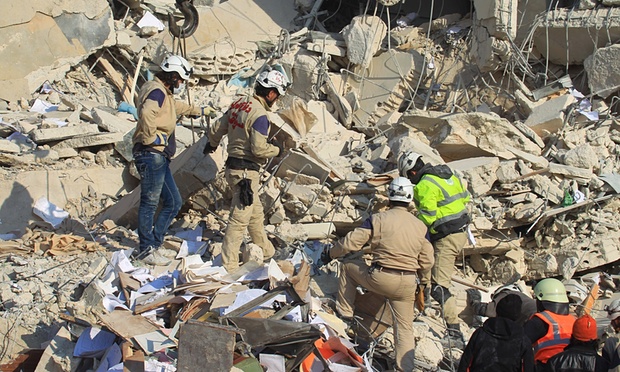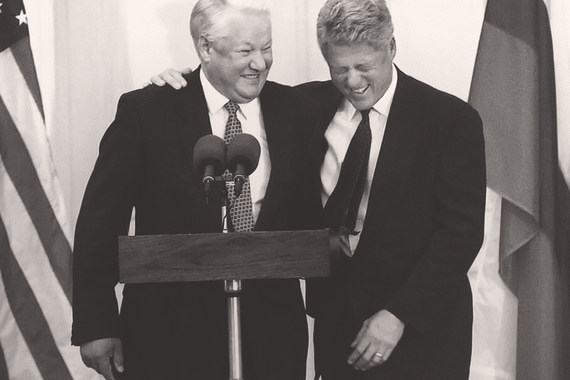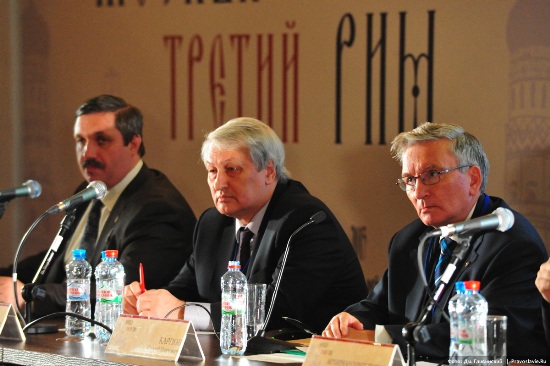

Related:
- FSB defector's claims about Moscow's ties to ISIS consistent with other evidence, Kirillova says
- Putin 'played no less role' in creation of ISIS than Stalin did in rise of Nazis, Shmulyevich says
- Some conspiracy theory: does Russia support ISIS?
- Over 20% of ISIS' foreign fighters come from Russia and other post-Soviet states, FSB says
- Ethnic Russians converting to radical Islam and recruited to ISIS in Russian prisons, Silantyev says





